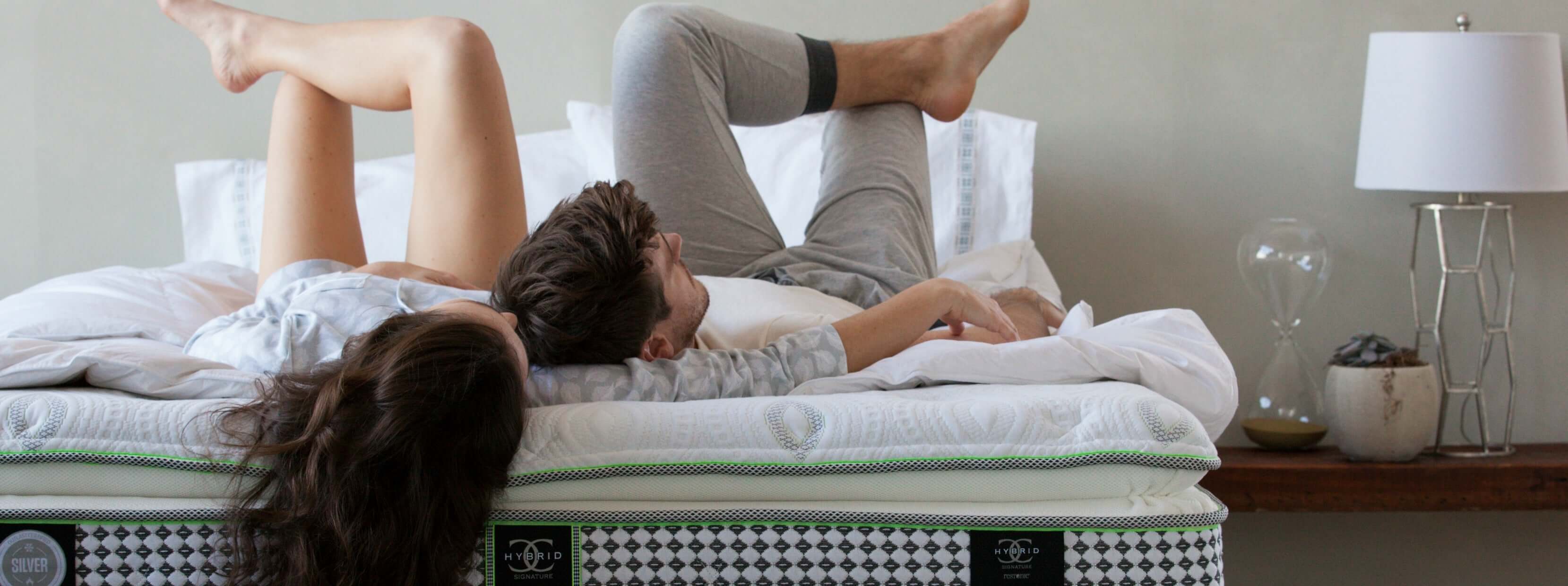Are you getting enough sleep to thrive – or just survive?
Struggling to get a good night’s sleep? You’re not alone. Many sleep experts feel that sleep deprivation may be the next public health epidemic. Sadly, unlike a flu virus, there’s no one answer to the problem – our reasons for not getting the sleep we need are as diverse as how it affects us.
Lack of sleep has been linked to car crashes (more than 10,000 per year), industrial disasters (Exxon Valdez & Stanton Island Ferry) and a staggering amount of preventable occupational errors. What’s more? People who suffer from sleep deprivation are also more likely to suffer from chronic diseases such as hypertension, diabetes, depression and obesity, as well as from cancer, early death and reduced quality of life and productivity.
I want to sleep…
If sleep is elusive, take back the night by looking closely at your sleep habits and everything in your life that may affect your sleep (or lack of it!). Let’s start with your bedroom:
- Mind an electronic curfew – Designate your room an electronic-free zone and power down an hour before bedtime. If you must sleep with your phone beside you, place it facedown for the night and filter incoming calls.
-
Reduce lighting – Use a nightlight or dimmer switch so a trip to the bathroom in the middle of the night doesn’t require you to turn on lights (which sends a signal to your brain that it’s time to wake up).

- Inspect your bedding and mattress – Like needing the right shoes to run a marathon, you need great bedding to get you to the finish line of the morning. If your mattress is more than 7 years old, do the touch test and inspect it closely for sagging and/or protruding springs. What you sleep on is directly related to how well you sleep.
- Shield your senses – Blackout shades, eye patches and earplugs can help reduce sleep theft. Streetlights, television in the next room or a snoring partner all contribute to robbing you of the sleep you need for the next day.
- Commit to sleep – Getting a good night’s sleep begins with a bedtime routine that you follow regularly. Try setting an alarm to go to bed as well as one to wake up to keep you on track.
If you’re struggling to get a good night’s sleep, check out what our research turned up this week. Hopefully these resources will help you get the sleep you need and enjoy your mornings a whole lot more.
How much sleep do you really need?
 Studies show that people who sleep between 6.5 hr. and 7.5 hr. a night, as they report, live the longest. And people who sleep 8 hr. or more, or less than 6.5 hr., they don’t live quite as long. There is just as much risk associated with sleeping too long as with sleeping too short. The big surprise is that long sleep seems to start at 8 hr. Sleeping 8.5 hr. might really be a little worse than sleeping 5 hr.
Studies show that people who sleep between 6.5 hr. and 7.5 hr. a night, as they report, live the longest. And people who sleep 8 hr. or more, or less than 6.5 hr., they don’t live quite as long. There is just as much risk associated with sleeping too long as with sleeping too short. The big surprise is that long sleep seems to start at 8 hr. Sleeping 8.5 hr. might really be a little worse than sleeping 5 hr.
Are separate bedrooms the new black?
 According to The National Sleep Foundation, today a growing number of American couples actually sleep in separate bedrooms. Studies in England and Japan reveal a similar trend. For the 25 percent of couples who choose to sleep apart, reasons include snoring, disrupted sleep, temperature preferences, different schedules or sleep habits.
According to The National Sleep Foundation, today a growing number of American couples actually sleep in separate bedrooms. Studies in England and Japan reveal a similar trend. For the 25 percent of couples who choose to sleep apart, reasons include snoring, disrupted sleep, temperature preferences, different schedules or sleep habits.
Do you have a sleep disorder and not even know it?
 The term sleep disorder may suggest someone tossing and turning all night, but lying awake for hours with insomnia is just one example of many conditions that affect how you sleep and function during the day. In fact, you can have a sleep disorder and not even know it.
The term sleep disorder may suggest someone tossing and turning all night, but lying awake for hours with insomnia is just one example of many conditions that affect how you sleep and function during the day. In fact, you can have a sleep disorder and not even know it.


